Kirkcaldy MP Neale Hanvey has backed calls from a Tory MP expelled for peddling Covid-19 conspiracy theories for a Commons debate on excess deaths.
Mr Hanvey spoke in support of an application by North West Leicestershire MP Andrew Bridgen for a longer debate on the issue.
Mr Bridgen had previously secured a 90 minute debate in Westminster Hall, but MPs contributions were limited due to time.
Excess deaths – the difference between the number of actual deaths over a period of time and the ‘expected number’ – have risen across the UK, with experts linking this to high flu prevalence, an aging population as well as heart disease and diabetes.
But a number of MPs have called for an investigation.
Mr Bridgen – who has long questioned the efficacy of Covid-19 vaccines – was expelled from the Conservatives after he claimed an Israeli cardiologist had told him the vaccines were the “biggest crime against humanity since the Holocaust”.
He also said he’d been told the virus had originated at Fort Detrick, a US military installation.
Mr Hanvey, previously the SNP’s vaccine spokesman before he was expelled from the party, spoke alongside Mr Bridgen on Tuesday supporting a call for a full debate on the issue.
Asked about his support given Mr Bridgen’s history, the Kirkcaldy MP said that while the two MPs had a “very different” approach, he supported the case for further debate.
Before he entered politics, Mr Hanvey was a senior nurse who managed clinical oncology trials in London.
He said this experience, which including holding management responsibility for Drug Development Unit at the Royal Marsden Cancer Centre – was the reason he supported calls for a more lengthy debate in parliament.
‘We must follow the science’
In an email to The Courier, he said the topic was a sensitive and important matter for many constituents, and that he had intended to raise emerging scientific studies in the recent debate but ran out of time.
Mr Hanvey said: “The bottom line is, those alleging injury deserve answers, and for that to happen effectively clinicians and clinical academics must be able to scrutinise the data.
“As the government said repeatedly during the pandemic, we must follow the science.”
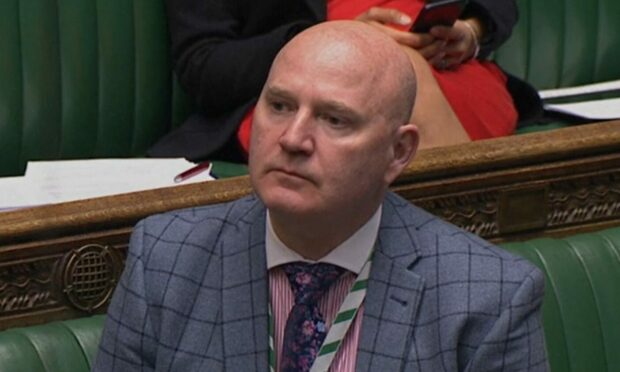
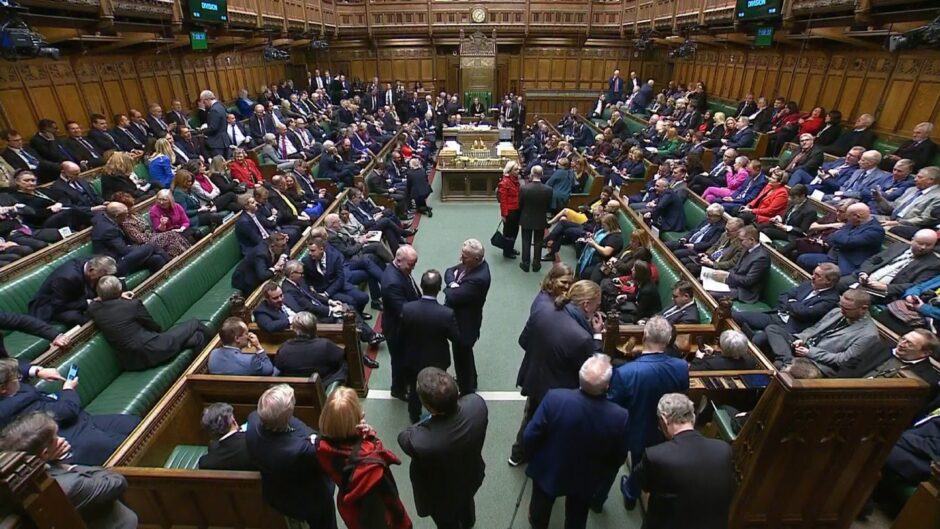





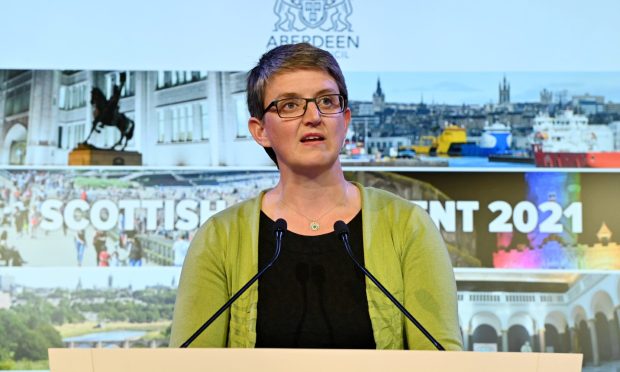
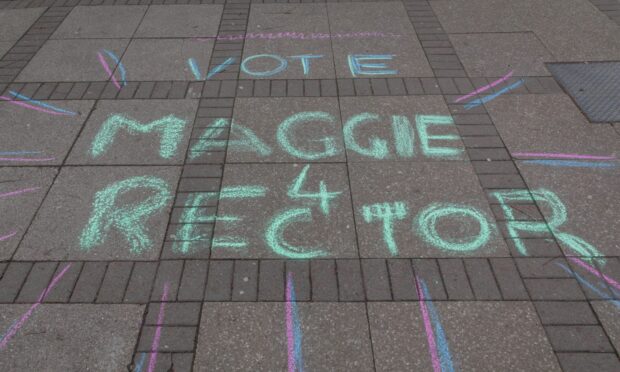


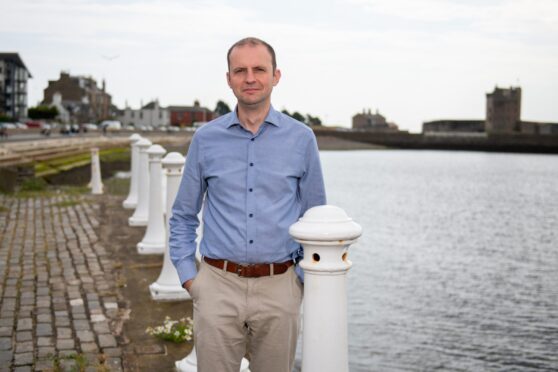
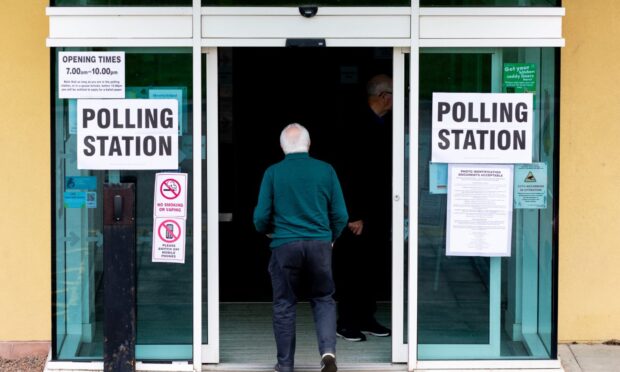
Conversation